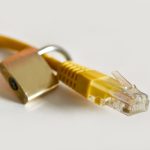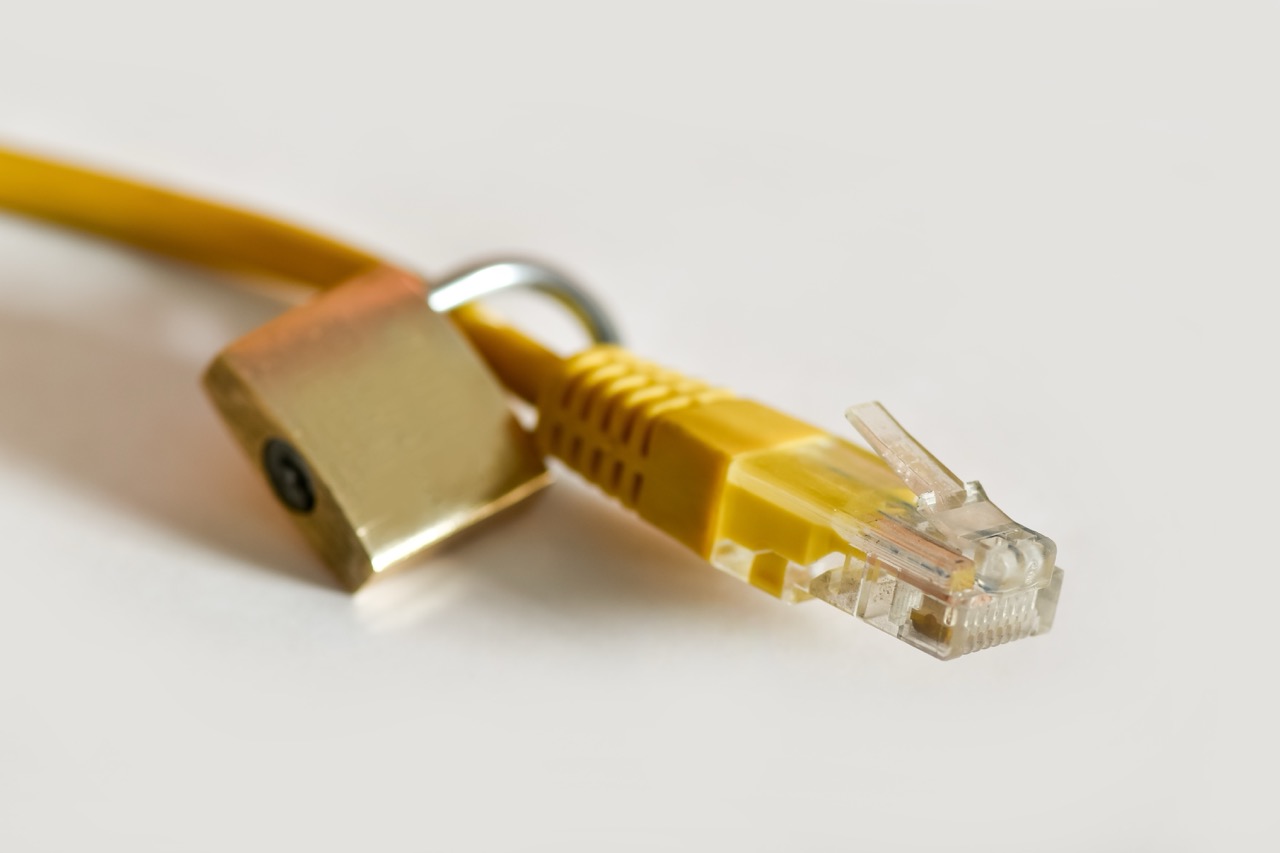In an age where digital privacy and security are of paramount importance, many users seek solutions to safeguard their online experiences. One such solution is NordVPN, a leading virtual private network (VPN) service that not only offers enhanced privacy but also includes features specifically designed to block intrusive ads. This article explores the significance of ad blocking in preserving privacy, how NordVPN effectively implements these features, the technology behind its privacy protection, and a user guide to help maximize privacy settings.
Understanding the Importance of Ad Blocking for Privacy
In the digital landscape, ads are omnipresent, often following users across various platforms and websites. These advertisements are more than just annoying distractions—they can compromise user privacy by tracking online behavior, collecting data, and creating detailed profiles for targeted marketing. Without ad blockers, users inadvertently expose themselves to not just invasive marketing tactics but also potential data breaches, malware, and phishing attacks. Understanding the risks associated with ads is crucial for anyone concerned about their digital footprint.
Moreover, many advertisements utilize tracking technologies, such as cookies and web beacons, to monitor user activity. This tracking leaves a trail of personal information that can be exploited by third parties, including advertisers and malicious actors. By blocking these ads, users can minimize their exposure to targeted surveillance, significantly enhancing their online privacy. This awareness of how ads impact privacy is a critical step toward taking control of one’s digital identity.
Finally, the psychological impact of pervasive advertising should not be underestimated. Constant exposure to tailored ads can lead to feelings of being watched or manipulated, which can erode user trust in online platforms. Ad blocking serves as a barrier that helps restore a sense of autonomy and privacy in the digital world. By leveraging tools like NordVPN, users can reclaim their online experience, making informed decisions about the content they engage with.
How NordVPN Implements Effective Ad-Blocking Features
NordVPN offers a built-in feature called CyberSec, which is designed to provide users with a seamless browsing experience by blocking unwanted ads and protecting against malicious websites. When activated, CyberSec scans incoming data and filters out ads, preventing them from loading in the first place. This not only improves page load times but also contributes to a cleaner and more enjoyable user experience. By eliminating disruptive ads, users can focus on content that matters to them.
Additionally, CyberSec helps in safeguarding users from phishing attacks and other online threats. The feature analyzes websites for known malicious behavior and blocks access before any harm can occur. This proactive approach to security is invaluable in today’s era of rising cyber threats. Users can browse with confidence, knowing that NordVPN’s technology is working behind the scenes to shield them from harmful content and keep their data secure.
Moreover, NordVPN’s ad-blocking capabilities extend beyond individual browsing sessions. By using a VPN, users obscure their IP addresses, making it difficult for advertisers to track their online behavior across different platforms. This dual-layer approach—combining VPN encryption with ad-blocking—ensures that users not only enjoy an ad-free experience but also maintain the anonymity needed to protect their personal information.
The Technology Behind NordVPN’s Privacy Protection
At the core of NordVPN’s effectiveness in protecting user privacy is its robust encryption technology. NordVPN employs the advanced AES (Advanced Encryption Standard) with a 256-bit key, which is widely regarded as unbreakable by current computing standards. This level of encryption ensures that user data is securely transmitted, rendering it unreadable to anyone attempting to intercept it. As a result, users can browse the internet without the fear of being spied upon by ISPs, hackers, or other entities.
In addition to encryption, NordVPN utilizes a range of protocols that enhance security, such as OpenVPN and IKEv2/IPsec. These protocols provide secure tunnels for data transmission, further reinforcing the integrity of user connections. By allowing users to choose between different protocols, NordVPN offers flexibility and ensures that users can select the most effective option based on their specific needs, whether it’s speed, security, or stability.
Another key aspect of NordVPN’s technology is its strict no-logs policy, which guarantees that no user activity is recorded or stored. This commitment to user privacy means that even if data requests are made by authorities, there is no information to relinquish. Coupled with features like automatic kill switch and DNS leak protection, NordVPN provides a comprehensive security framework that keeps users’ online activities completely private and secure.
User Guide: Maximizing Privacy with NordVPN Settings
To fully leverage NordVPN’s capabilities in protecting privacy and blocking ads, users should start by enabling the CyberSec feature within the application. This setting can be easily accessed from the main interface and activated with a simple toggle switch. Once enabled, users will immediately begin to experience a cleaner browsing environment, with unwanted ads and potentially harmful sites automatically blocked. Regularly checking for updates to the app is also advisable, as these updates often enhance features and improve overall performance.
Users should also familiarize themselves with NordVPN’s settings to customize their experience further. For instance, selecting the appropriate VPN protocol can significantly impact both speed and security. Users who prioritize speed for streaming or gaming may opt for IKEv2/IPsec, while those focused on security might prefer the OpenVPN protocol. Understanding these options allows users to tailor their settings to match their needs while maintaining optimal privacy.
Lastly, taking advantage of advanced features like the kill switch and split tunneling can enhance privacy even more. The kill switch ensures that internet access is immediately cut off if the VPN connection drops, preventing accidental exposure of user data. Split tunneling, on the other hand, allows users to choose which applications or websites should use the VPN connection, providing flexibility in how they manage their online activities. By making these adjustments, users can maximize their privacy and security when using NordVPN.
In conclusion, NordVPN stands out not only as a powerful tool for online privacy protection but also as an effective solution for ad-blocking. By understanding the significance of ad blocking in safeguarding personal information and utilizing NordVPN’s advanced features, users can significantly enhance their online experience. With its robust encryption technology, strict no-logs policy, and user-friendly settings, NordVPN empowers users to take control of their digital footprint while enjoying a seamless and secure browsing environment.










